A company’s staff is its greatest asset, but with every business struggling to recruit and retain key talent, and with the very real threat of a Brexit “brain drain”, how can the life sciences industry attract the best and brightest? At Pharma Integrates, discussions centred around this topic. Does the solution lie in training, education and succession planning, or perhaps flexible and virtual working models will become more prevalent? Is location a key consideration? Could digital transformation improve the quality and diversity of talent pipelines? .
During the “No people, no business: winning the talent war” session, the panellists agreed that the crucial elements of successful recruitment and retention include workforce diversity plus encouragement of employee autonomy and continuous development. Pfizer Global R&D Exec, Melissa Hanna-Brown, emphasised the importance of employees changing roles across different fields in order to learn more about the business, and the consensus was that attracting the best talent really does come down to location, location, location.
Globally, organisations are committing to diversity and inclusion at record rates, with 87% of respondents to a cross-industry PwC survey on the subject indicating that it is a priority for their company. According to Glassdoor, 67% of jobseekers said that a diverse workforce is an important factor when evaluating companies and job offers.
There is still work to do in this area. The PwC survey also revealed 42% of respondents agreeing or strongly agreeing that lack of diversity is a barrier to employee progression at their organisations. So how can companies tackle this? Life sciences executive search firm Fraser Dove advises optimising the hiring process, setting diversity hiring goals, ensuring initiatives and programs cater to all staff and implementing diversity training.
Once an organisation has attracted the best talent, how do they ensure staff retention? A recent survey by BioSpace reported that over half of respondents leave their job for a more challenging role, with 42% looking for more rewarding opportunities and 35% wanting greater compensation. The “wish list” for life science professionals globally is a role which is both interesting and meaningful, has a competitive salary and opportunities for professional development and training.
With the modern workplace moving away from the traditional 9 to 5, desk (or bench)-bound model, the employee of 2020 has different priorities. According to the BioSpace 2019 Ideal Employer Report, respondents rated factors such as healthcare benefits, team dynamics and company culture, support and promotion of innovation, and work/life balance as key desirable employer attributes.
With life sciences having close, collaborative ties with the EU and 7% of sector workers being non-UK nationals, it is inevitable that Brexit will influence the industry talent pool in some way. During the panel on the subject at Pharma Integrates, VisusNano CEO Joanna Gould voiced concerns regarding Brexit uncertainty, saying that important research was being put on hold because European post-doc scientists are waiting to see what happens. The UK may become less attractive for relocation, with a Hobson Prior recruitment survey revealing that 63% of EU-based life sciences professionals would be unlikely to consider work in the UK after Brexit and 72% of those based in the UK anticipate Brexit will have a negative impact on their sector.
Effectively recruiting, rewarding and retaining talent is a complicated issue. At May’s Bio Integrates conference, the debate continues, covering topics such as building the right team for success, diversity driving decisions and where companies should locate and grow. Join the discussion and register now for a discounted rate.
